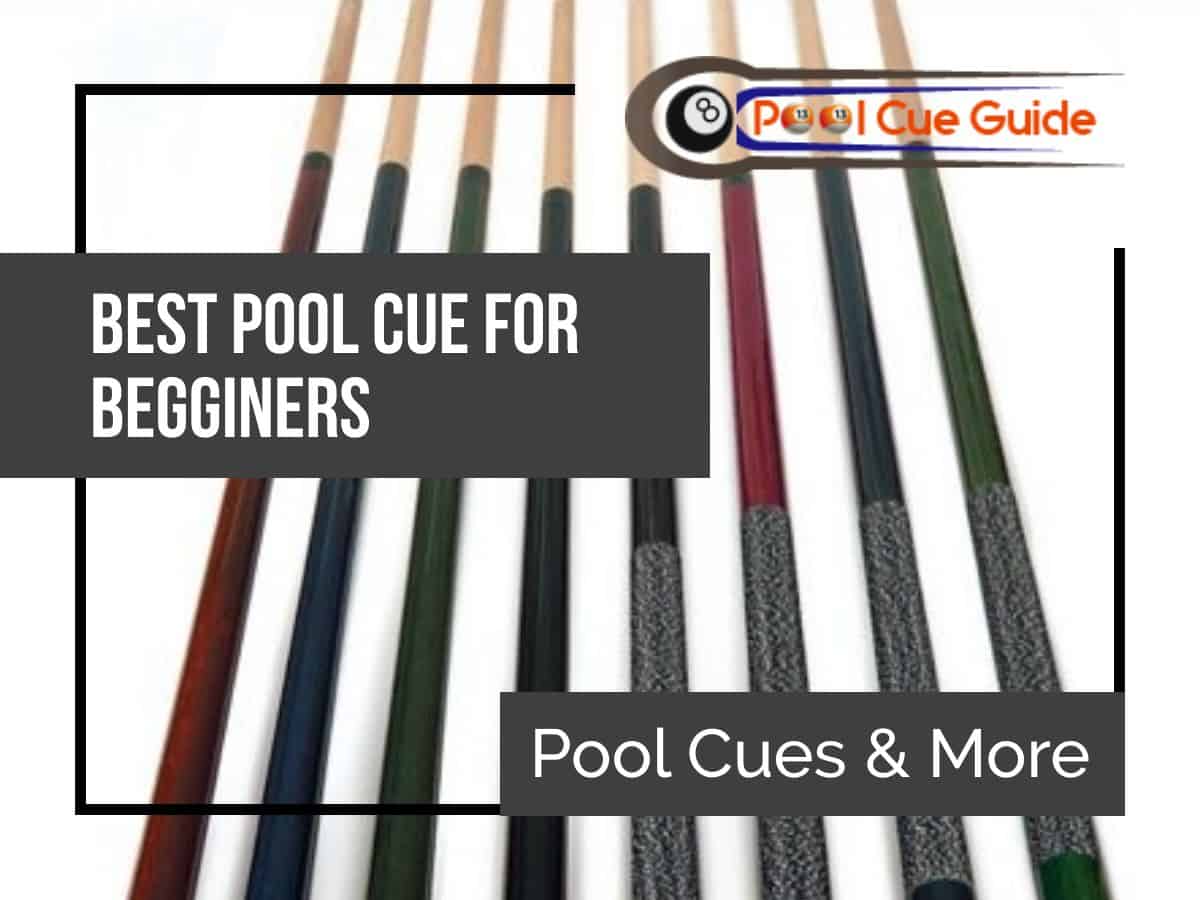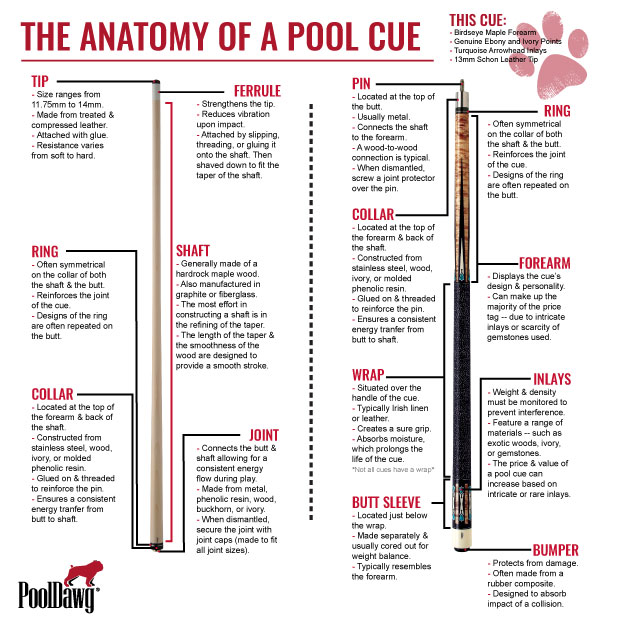So, you're diving into the world of pool, huh? Whether you're looking to sharpen your skills or just want to have a good time at the local bar, having the right gear matters—a lot. And when it comes to choosing a starter pool cue, things can get pretty overwhelming. But don’t sweat it, because we’ve got your back. In this ultimate guide, we’ll break down everything you need to know about finding the best good starter pool cue for beginners. Let’s get rolling!
Choosing the right pool cue isn’t just about picking up a stick and hitting some balls. It’s about finding the perfect balance between quality, comfort, and affordability. As a beginner, you don’t want to break the bank, but you also don’t want to end up with something that feels like a tree branch in your hands. This guide will help you navigate through the chaos and find the cue that suits your needs.
From materials to design, weight to grip, we’ll cover all the bases. By the end of this, you’ll know exactly what to look for in a starter pool cue, where to find it, and how to avoid the common pitfalls that trip up new players. Ready to take your game to the next level? Let’s do this!
Here’s a quick rundown of what we’ll cover in this guide:
- Understanding the Basics of Pool Cues
- Key Features to Look for in a Starter Cue
- Materials That Make a Difference
- Weight and Balance: Why They Matter
- Grip Options for Comfort and Control
- Design and Aesthetics: Does It Matter?
- Common Mistakes Beginners Make
- Top Picks for Beginner Pool Cues
- Tips for Maintaining Your Cue
- Where to Buy Your First Pool Cue
Understanding the Basics of Pool Cues
Before we dive into the nitty-gritty, let’s talk about what makes a pool cue tick. At its core, a pool cue is more than just a stick—it’s an extension of your arm, helping you direct the cue ball with precision and power. For beginners, understanding the basic components of a pool cue is crucial:
- Shaft: The top part of the cue that comes into contact with the cue ball. A good shaft should offer consistent performance and minimal deflection.
- Joint: The point where the shaft connects to the butt of the cue. A secure joint ensures stability and reduces wobbling during shots.
- Butt: The bottom part of the cue where you grip it. It often houses the weight screws for customization.
- Grip: The area where you hold the cue. Ergonomic grips can make a huge difference in comfort and control.
Now that you know the basics, let’s move on to the key features that matter most for beginners.
Key Features to Look for in a Starter Cue
When shopping for a starter pool cue, there are a few must-haves that can make or break your experience. Here’s what you should keep an eye out for:
1. Quality over Price
While it’s tempting to go for the cheapest option, remember that quality is king. A decent starter cue doesn’t have to break the bank, but it should still offer reliable performance. Look for cues made from quality materials and built to last.
2. Comfortable Grip
Your grip is everything. If your hand starts cramping after a few games, it’s time to rethink your cue. Ergonomic designs and soft wraps can make a huge difference in how long you can play comfortably.
3. Adjustable Weight
Weight preferences vary from player to player. Some like a heavier cue for more power, while others prefer something lighter for finesse. A cue with adjustable weight screws gives you the flexibility to experiment and find your sweet spot.
Materials That Make a Difference
The material of your pool cue plays a big role in its performance and durability. Here’s a breakdown of the most common materials:
- Wood: Traditional and classic, wood cues offer a natural feel and are great for beginners. Maple and ash are popular choices.
- Fiber-Composite: These cues combine wood with materials like fiberglass or graphite for added durability and stability.
- Graphite: Lightweight and virtually maintenance-free, graphite cues are perfect for players who prioritize convenience.
For beginners, wood cues are often the best starting point. They strike a good balance between affordability and performance.
Weight and Balance: Why They Matter
Weight and balance are two of the most critical factors in choosing a pool cue. A cue that’s too heavy or too light can throw off your shot, while poor balance can lead to inconsistent performance. Here’s what you need to know:
1. Ideal Weight Range
Most beginners find cues in the 18-21 ounce range to be the most comfortable. Experiment with different weights to see what feels best for you.
2. Balanced Feel
A well-balanced cue should feel natural in your hands. The balance point should be around 6-8 inches from the tip, allowing for smooth and controlled strokes.
Grip Options for Comfort and Control
Your grip is where the magic happens. A good grip can enhance your control and reduce fatigue during long gaming sessions. Here are some popular options:
- Leather Wraps: Soft and durable, leather wraps provide excellent grip and comfort.
- Silicone Inserts: Perfect for players who sweat a lot, silicone inserts offer a non-slip grip.
- Bare Wood: For those who prefer a natural feel, bare wood grips are simple and effective.
Ultimately, the best grip is the one that feels right to you. Don’t be afraid to try different options until you find your perfect match.
Design and Aesthetics: Does It Matter?
Let’s face it—looks matter. While the performance of your cue should always come first, there’s no harm in picking something that catches the eye. From sleek and modern designs to classic wood finishes, the options are endless. Just remember that flashy designs don’t necessarily mean better quality, so focus on what works for you both visually and functionally.
Common Mistakes Beginners Make
As a beginner, it’s easy to fall into a few traps when buying your first pool cue. Here are some common mistakes to avoid:
- Buying Too Cheap: A super cheap cue might seem like a good deal, but it could end up hindering your progress.
- Ignoring Comfort: If your cue doesn’t feel good in your hands, it’s not worth it, no matter how fancy it looks.
- Overlooking Maintenance: Even the best cues need care. Learn how to clean and store your cue properly to extend its lifespan.
By steering clear of these pitfalls, you’ll be well on your way to finding the perfect starter cue.
Top Picks for Beginner Pool Cues
Now that you know what to look for, here are some top picks for beginner pool cues:
1. Cue Brand A
With its solid maple construction and ergonomic grip, Cue Brand A offers excellent value for beginners. It’s lightweight, durable, and comes with adjustable weight screws for customization.
2. Cue Brand B
Featuring a graphite shaft and silicone inserts, Cue Brand B is perfect for players who prioritize convenience and control. Its sleek design and non-slip grip make it a standout choice.
3. Cue Brand C
For those who love the classic look and feel of wood, Cue Brand C is a great option. Its ash construction and leather wrap provide a comfortable and reliable playing experience.
Tips for Maintaining Your Cue
Once you’ve found your perfect cue, it’s important to take care of it. Here are some tips for keeping your cue in top condition:
- Clean Regularly: Wipe down your cue after each use to remove sweat and dirt.
- Store Properly: Use a cue case or wall rack to protect your cue from damage.
- Check for Wear: Inspect your cue periodically for signs of wear and tear, and replace parts as needed.
A well-maintained cue will serve you well for years to come, so don’t neglect this crucial step.
Where to Buy Your First Pool Cue
When it comes to buying your first pool cue, you have plenty of options. Here are a few places to consider:
1. Local Pool Shops
Supporting local businesses is always a good idea. Plus, you get the chance to test out cues in person before making a purchase.
2. Online Retailers
Websites like Amazon and specialized pool cue retailers offer a wide selection and competitive prices. Just be sure to read reviews and check return policies.
3. Second-Hand Options
If you’re on a tight budget, consider checking out second-hand cues. Many players upgrade their gear and sell their old cues at a fraction of the original price.
With so many options available, finding the right cue has never been easier.
Conclusion
In conclusion, finding the best good starter pool cue for beginners doesn’t have to be a daunting task. By focusing on quality, comfort, and affordability, you can find a cue that suits your needs and helps you improve your game. Remember to prioritize features like weight, balance, and grip, and don’t be afraid to experiment until you find the perfect fit.
So, what are you waiting for? Grab your cue, hit the tables, and start honing your skills. And don’t forget to share your experiences in the comments below. Who knows? You might just inspire someone else to take their first shot at pool!


